
Reflections on United Arab Emirates
Or, "Look upon the world's most open borders and rejoice!"
On my way to India, I connected through Abu Dhabi, capital city of the United Arab Emirates (UAE). During my one-day layover, I toured not only Abu Dhabi, but its more famous sister-city, Dubai. Here are my main thoughts.
Per-capita, UAE is the most amazing country I’ve ever seen. With a population about the size of Austria’s, they have virtually every consumer product you can imagine (and many you haven’t) in abundance. In cleanliness and crime, UAE rivals Japan. While the official language is Arabic, a local told me that English is far more useful. And while the country’s official religion is Islam, the country looks very secular. I saw not the slightest sign of Islamist fanaticism.
The key ingredient of Emirati success: 88% of UAE’s population is foreign-born. That’s the highest share of any country on Earth. Why is the share so high? Because UAE is closer to open borders than any other country on Earth. They don’t just welcome petroleum engineers and architects. They welcome drivers, maids, janitors, waiters, and clerks. They don’t just welcome Europeans and East Asians. They welcome South Asians, Pacific Islanders, North Africans, and plenty of sub-Saharan Africans, too. I chatted with workers from both Zimbabwe and Sierra Leone. Yes, would-be migrant workers face a government approval process, so the border is not 100% open. But if you want to work hard to make a better life for yourself, your prospects of landing a work visa are decent no matter how humble your credentials.
Abu Dhabi and Dubai are living proof that Michael Clemens’ “Trillion Dollar Bills on the Sidewalk” is literal truth. Both cities look like Coruscant from Star Wars. They are absolute marvels: Gleaming cities of the future where humanity gathers to produce massive wealth. And without mass immigration, almost none of this could have been built! They need foreigners to help them run the petroleum industry. They need foreigners to build their skyscrapers, malls, and mansions. And they need foreigners to run their hotels, restaurants, and stores.
Try to imagine a nativist version of UAE. Even if they managed, with incredible toil, to keep fossil fuel extraction constant and share the mineral wealth with the citizenry, what would the recipients do with the money? In a country where everyone is rich, rich people would have to hire other rich people to clean their homes, cook their food, and watch their kids. In a nativist UAE, the only way to get good value for your money would be to leave the country!
Sheik Zayed bin Sultan Al Nahyan, founder of the UAE, had the brains and vision to follow the opposite of the nativist strategy. Why make your citizens leave their homeland to consume their riches, when the world is full of poor foreigners who are eager to move to you? A typical demagogue would have objected, “We don’t want to become a minority in our own homeland,” but Zayed boldly forged ahead — and created a cruise ship the size of a country. Since 1971, UAE’s population has grown from 280K people to 9.5 million. A miraculous multiple of 34x.
Who’s the most benevolent dictator of the last century? Lee Kuan Yew is probably the top response, but in fact he wasn’t a dictator at all. Yes, Lee ruled for 31 years — but only because he kept winning fair and free elections. Zayed, in contrast, was plainly a dictator. The only elections he won had just seven voters — the hereditary emirs of UAE’s member states. Yet the man found UAE an empty desert of sand and left it a vast metropolis of marble. In the world’s bloodiest and most fanatical region, he delivered peace, prosperity, and pragmatism. Upshot: I hereby nominate Zayed for the Most Benevolent Dictator of the Last Century. Can you name anyone who deserves the honor more?
Most observers glowingly describe UAE’s overflowing welfare state. In a sense, they’re right:
The government benefits that Emiratis have long enjoyed would be unthinkable in most of the world: Tax-free income, free high-quality health care, subsidized fuel, generous government-funded retirement plans, access to land to build homes with interest-free loans and free higher education, even when pursued abroad.
To ease marriage costs, the government gives Emirati men 70,000 dirhams ($19,000) when they marry an Emirati woman. A debt settlement fund provides a one-time bailout to entrepreneurs who need it. On some occasions, the UAE's rulers have paid the debts of Emirati nationals ahead of major holidays.
The welfare system emerged when seven emirates joined to form the UAE under Sheik Zayed's leadership. Lifting Emiratis from poverty through a lifetime of aid coincided with transforming the UAE from a nation of disparate fishing villages into one of the world's leading investment and commercial hubs.
"The federal government is a huge welfare society and welfare state," said Abdulkhaleq Abdullah, a professor of political science at Emirates University. "This is a fact of life, and people appreciate that.”In a more important sense, however, the UAE’s welfare state is admirably austere, because these lavish benefits are limited to Emirati citizens — and these citizens are a tiny minority of the population. If 88% of the residents of Sweden were ineligible for redistribution, no one would call it “a generous welfare state” — no matter how high the benefits for the remaining 12% happened to be.
In 1971, UAE would have been overwhelmingly Muslim and Arab. Culturally, they were probably close to the rest of the Arab world. Superficially, they still are, but it’s a hollow shell. Blasphemy is illegal… but the punishment is mild and rarely applied. Apostacy from Islam still carries a death sentence… but it’s never applied. Homosexuality is illegal… but no one has been arrested for it since 2015. Porn is illegal and blocked… but you can just switch to a VPN. The main people who should fear for their lives in UAE are the few Islamist fanatics who want to burn the country down. Toleration and moderation… or else!
Does all this show that assimilation doesn’t work? That the Emiratis adopted the norms of their migrants, rather than the other away around? Absolutely not, because only a tiny share of the migrants are Western! Instead, the UAE has decisively Westernized two initially un-Western populations: native Arab Muslims and Third World migrants. How? By creating an economy dominated by Westernized multinationals. Though the Western population is low, their “soft power” has slowly but surely taken over the soul of the UAE. Verily, Western culture is a hardy weed.
UAE’s most awful problem is the weather, which combines stereotypical Arabian heat with stifling humidity. The random late September day I experienced had worse weather than Washington, DC on the worst day of 2024. While air conditioning is ubiquitous, UAE residents are practically trapped indoors for most of the year. Which is further testament to the Emiratis’ success. Despite one of the world’s worst climates, they built one of the world’s best countries.
“What about businesses withholding their workers’ passports?” That’s now illegal, and locals tell me the new law is well-enforced. But either way, it’s a rounding error. Foreign workers have phones, so what do you think they tell their friends and family back home? “Don’t come; they’ll confiscate your passport”? Or, “Definitely come; in five years you’ll return a rich man”?
Ponder this: If a foreigner causes problems in the UAE, the standard punishment is deportation. So how dire could the problem of withholding passports have ever been? The main function of the new UAE law is not to protect foreign workers from employers but to protect the UAE’s reputation from international muckrackers.
Learning about the UAE fills most Western thinkers with self-righteousness. “Sure, they have the world’s tallest building, but we have freedom.” My reaction is almost the opposite. The UAE is far more committed than the West to the freedoms that matter most: to work for a willing employer, rent from a willing landlord, and shop with willing merchants. The standard Western migration formula — generous government support for the few immigrants we admit — is a crying shame. The UAE formula — invite the whole world to come work for a better life — is glorious. And the fact that no democracy would emulate the UAE’s migration policy is not a black mark against the UAE, but against democracy.

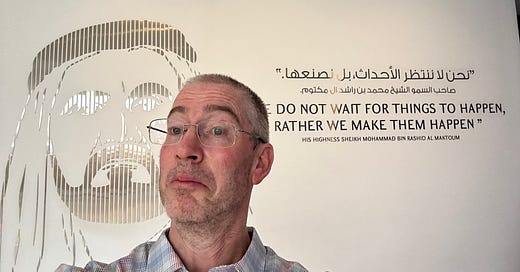






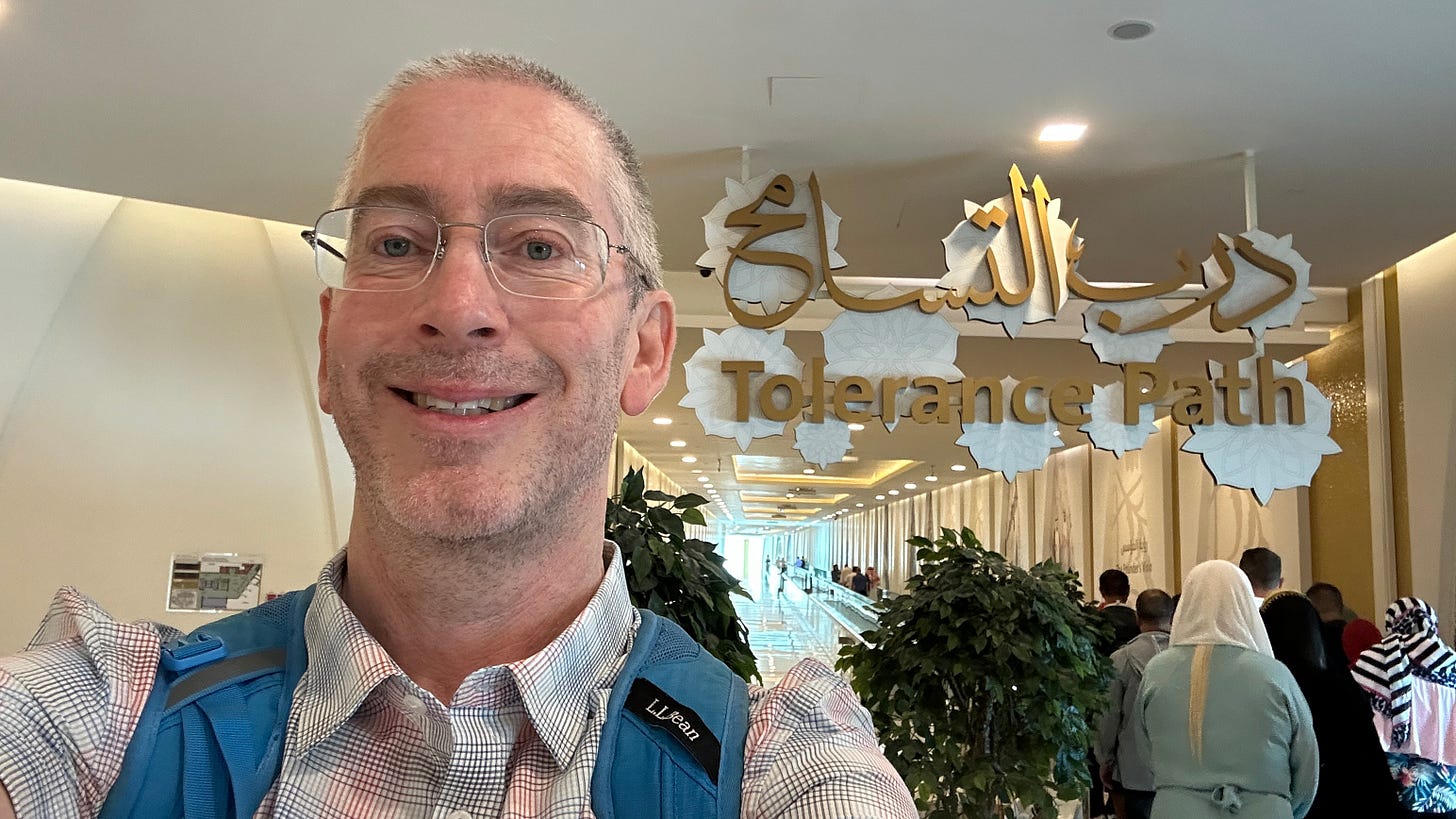
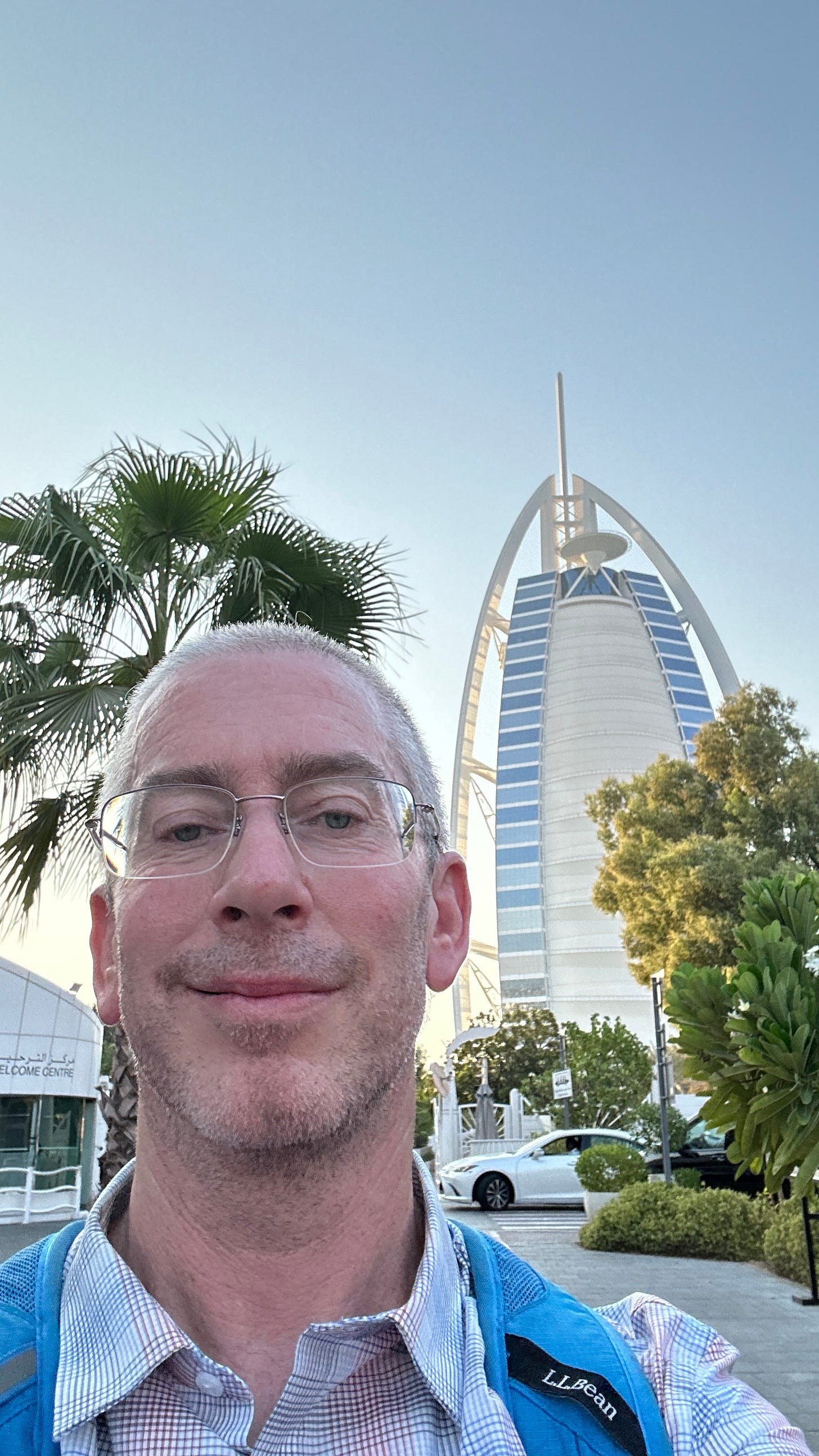
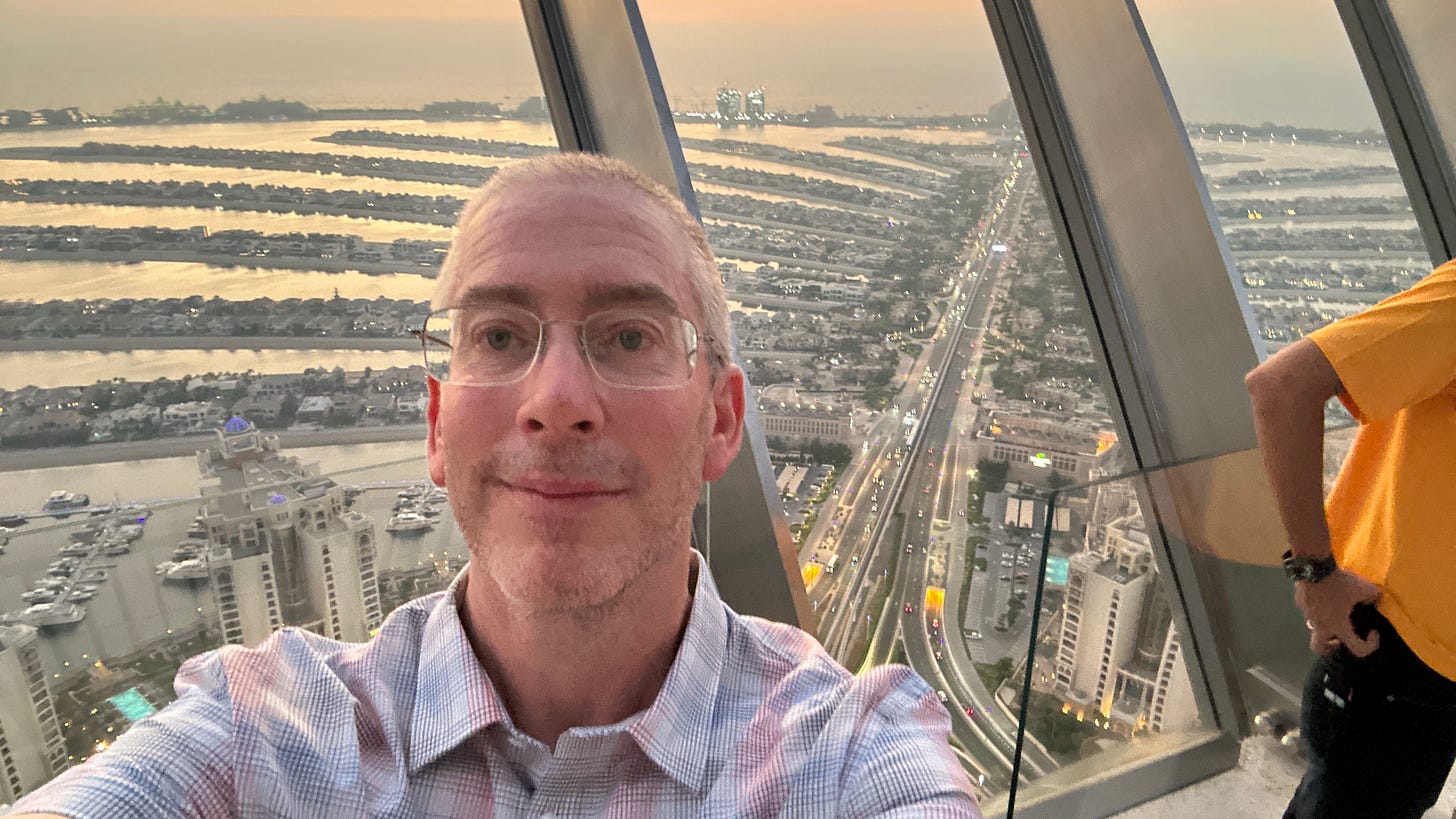
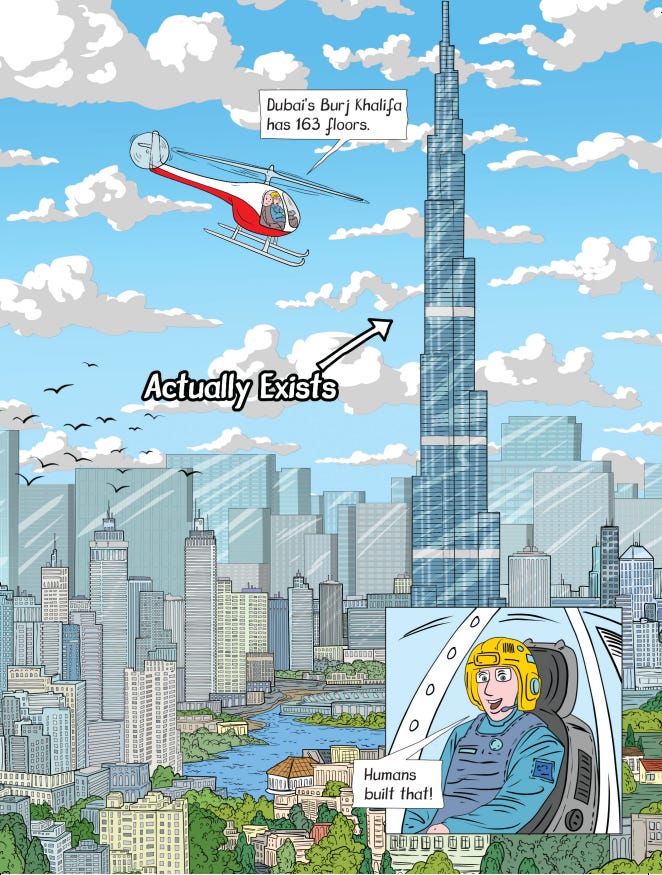












The main point is that the UAE (along with Qatar, Bahrain, Kuwait, etc.) limits citizenship and government benefits to citizens, and citizenship is basically impossible for immigrants or their descendants to attain. America's immigration model invites in tons of people, but makes it relatively easy for them to become citizens, vote, and become public charges.
An aunt of mine is Indian-origin but has lived her entire life in Dubai; and she will never be an Emirati, legally or culturally. She will always be an Indian from Dubai, as will her descendants
Any idea how this might have worked out without their oil wells? Or how it might work out in places that don't have that type of advantage?